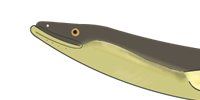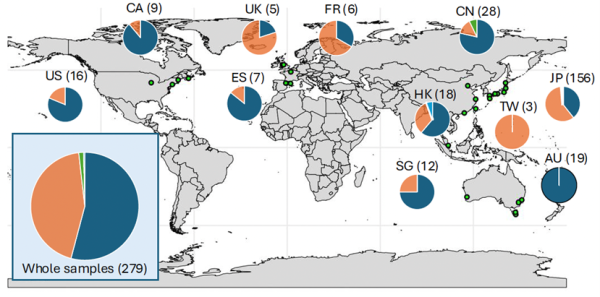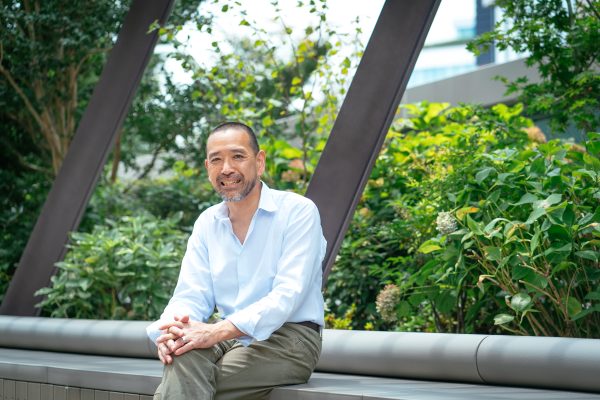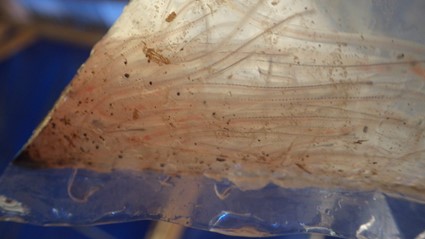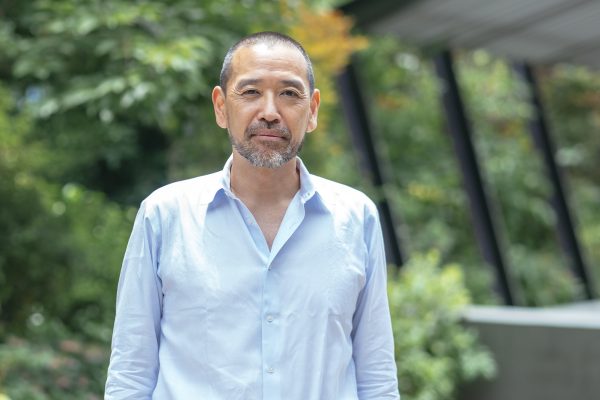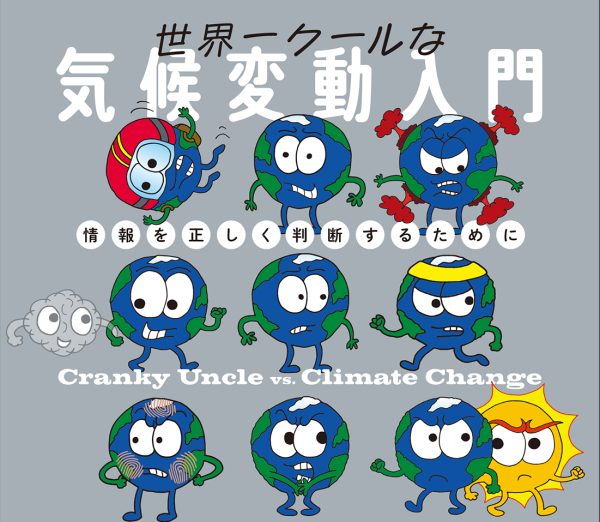ウナギと人間が仲良く共存できる社会の構築を目指す
ウナギの持続的利用の実現
The aim is to build a society where freshwater eels and humans can coexist in harmony
Sustainable use of freshwater eels
日本で消費の中心とされているニホンウナギを含め、世界には16種のウナギの仲間が生息していますが、持続的利用が実現している種は一つもありません。私が取り組む研究では、自然科学と人文社会科学を融合した学際的なアプローチにより、ウナギの保全と持続的利用の実現を目指しています。研究フィールドは日本を含む東アジアにとどまらず、ヨーロッパ、東南アジア、アメリカ大陸なども対象となります。
There are 16 species of freshwater eels in the world, including the Japanese eel, which is the main species consumed in Japan. However, no single eel species has been realized for sustainable use. My research aims to realize the conservation and sustainable use of freshwater eels through an interdisciplinary approach that integrates natural sciences with humanities and social sciences. The research field is not limited to East Asia, but also includes Europe, Southeast Asia, and the Americas.
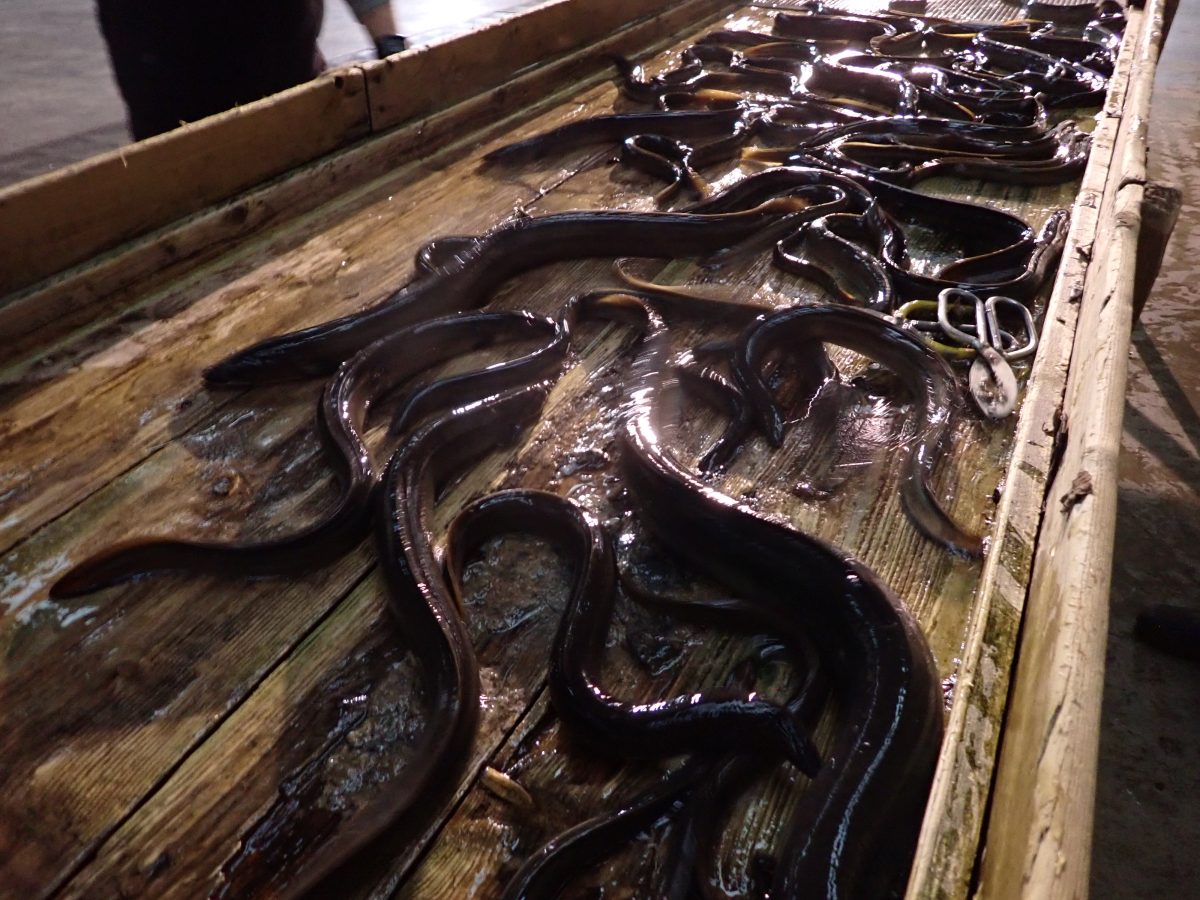

この研究が世の中にもたらす可能性
Research Possibilities: what the research create to the World
水産業、中央・地方行政機関、環境保全NGOなど
ウナギの保全と持続的利用を目指す組織・個人であれば、場所や内容を問いません。ウナギをめぐる状況の説明や相談から、現地調査、具体的対策の立案と導入など、個別の事情に合わせて協力することが可能です。
The fisheries industry, national and local government agencies, environmental conservation NGOs, and others
This research is applicable to any organization or individual aiming for the conservation and/or sustainable use of freshwater eels, regardless of the location or content. We can cooperate with them according to their individual circumstances. This cooperation may include explaining and discussing the situation surrounding freshwater eels, conducting on-site surveys, and planning and introducing specific measures.
Research 02
学際的なアプローチから、より適切で効果的な資源管理を検討する
効果的なウナギの放流手法
Examine appropriate and effective resource management using an interdisciplinary approach
Effective stocking procedures for freshwater eels
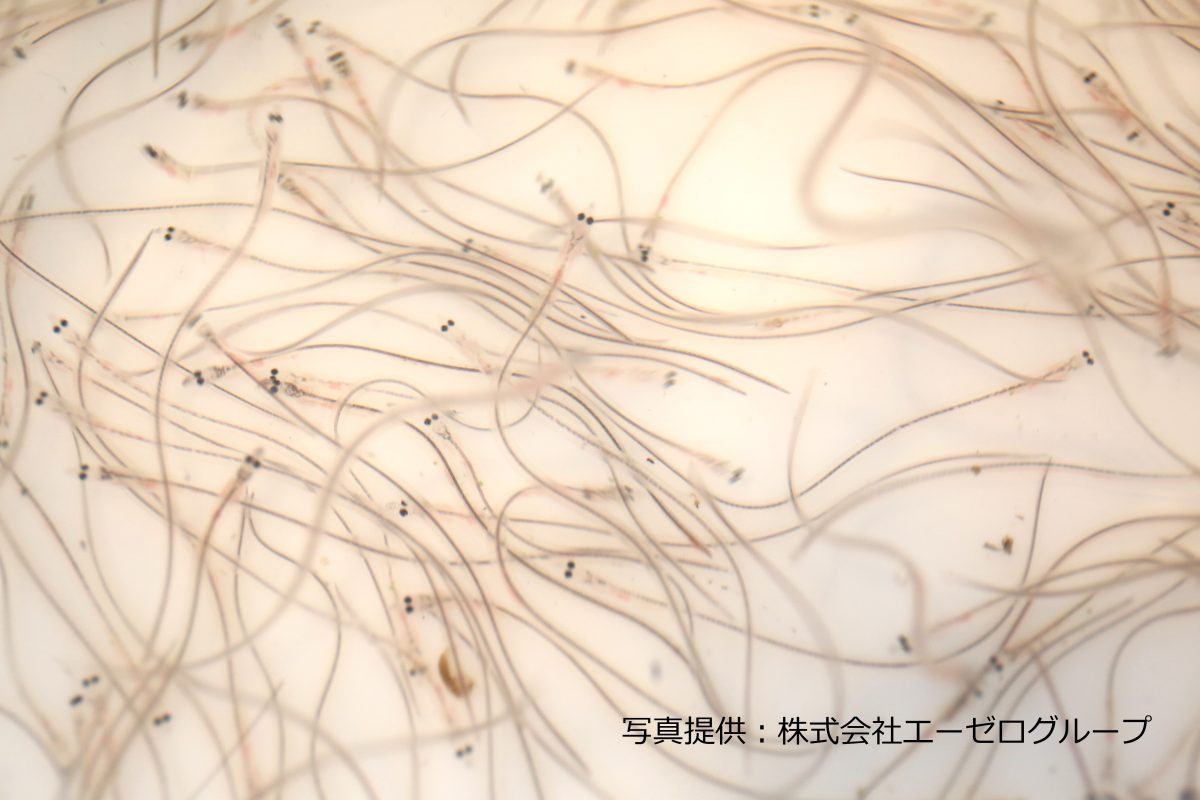
放流は、現在進行形で進められている大規模なニホンウナギの資源回復方策です。しかし最近、放流による資源回復の効果が決して高くないことや、放流が個体群に負の影響を与える可能性が指摘されています。ニホンウナギの資源回復に貢献するため、ウナギの生態についての最新の研究成果を活かしながらも、生態学だけでなく、経済学、政治学、社会学の側面を含めて学際的に検討し、より適切な方策の提案を目指します。検討の結果、ウナギ放流の縮小・廃止の提案に至る可能性も考えられます。
そうした事例として、株式会社エーゼログループが開始した「うなぎ食べ継ぐプロジェクト(うなつぐプロジェクト)」による新しい放流手法があり、私は検討委員として参画しています。
Stocking is a large-scale Japanese eel stock restoration measure that is currently underway. Recently, however, it has been pointed out that stock restoration by stocking is not highly effective and that release may have a negative impact on the population. To contribute to the restoration of the Japanese eel stock, we will conduct an interdisciplinary study, including the fields of ecology, economics, political science, and sociology, while integrating the latest research results on freshwater eel ecology, to propose more appropriate measures. It is possible that the results of the study may lead to a proposal to reduce or abolish freshwater eel stocking.
One such example is the new method of stocking eels through the “Unagi Tabe Tsugu Project” launched by A Zero Group inc., in which I am participating as a member of the expert committee.
*What is the “Unagi Tabe Tsugu Project”?
Glass eel catches have been decreasing, and the price of the eels continues to rise. […] The “Unagi Tabe Tsugu Project” was a project to seek ways to conserve and sustainably use freshwater eels, and to connect them to the future both as a “food” and as part of “Japanese culture”. Such passions led us to launch this project.

この研究が世の中にもたらす可能性
Research Possibilities: what the research create to the World
環境保全に関するCSR・CSVに取り組む企業やNPO・NGOなど
「うなぎ食べ継ぐプロジェクト」では、より適切なウナギ放流の選択肢の一つとして、シラスウナギ(ウナギの稚魚)を田んぼ脇に作ったビオトープに放流し、その生き残りの数と成長の度合いを追跡しています。このような事例から得られた成果に基づき、ウナギを持続的に利用する仕組みを民間から提案します。
Companies, NPOs, NGOs, etc. taking part in CSR and CSV related to environmental conservation
As one of the more appropriate options for releasing freshwater eels, the “Unagi Tabe Tsugu Project” has been stocking glass eels (juvenile eels) into a biotope created next to rice paddies and tracking their survive and growth. Based on the results obtained from these cases, we will suggest a way to use freshwater eels sustainably from the private sector.
(引用出典:同プロジェクトWebサイト「プロジェクトについて」)
※この動画には、音声はありません。
Research 03
ウナギの流通を把握し、密漁・密輸・密売の解決を目指す
ウナギの国内・国際流通の正常化
Understanding freshwater eel distribution and seeking ways to reduce poaching, smuggling, and trafficking
Appropriate distribution of freshwater eels
ウナギの漁獲と流通には違法行為が関連することも多く、金額ベースでは世界最大の野生生物犯罪とも言われています。漁獲統計、税関統計の分析、市場で流通している商品の種判別を通じて、国内外のウナギ取引の状況を把握するとともに、漁業者、中間流通業者、メディア、管理者など関係者への聞き取り調査を通じて流通の実態の理解を進めています。あわせて、現行の規則を精査することにより、より適切な対策を検討しています。これまでに、インドネシアのジャワ島において、地域社会と協働した参加型資源評価を通じて、質・量ともに統計分析に十分耐え得るシラスウナギ漁業データを収集することに成功しています。(2024年3月の「実績」参照)
Illegal activities are often found in the fishing and distribution of freshwater eels, and it is sometimes claimed as the world’s largest wildlife crime in monetary terms. Through an analysis of fisheries data, customs statistics, and species identification of products distributed in the market, we aim to understand the status of domestic and international freshwater eel trade. Through interviews with fishermen, middlemen, medias, managers, and other stakeholders, we also aim to understand the actual status of distribution. Alongside those studies, we are considering appropriate measures and regulations. (From press release “International collaboration enabled participatory stock assessment on glass eel fisheries in West Java, Indonesia“)
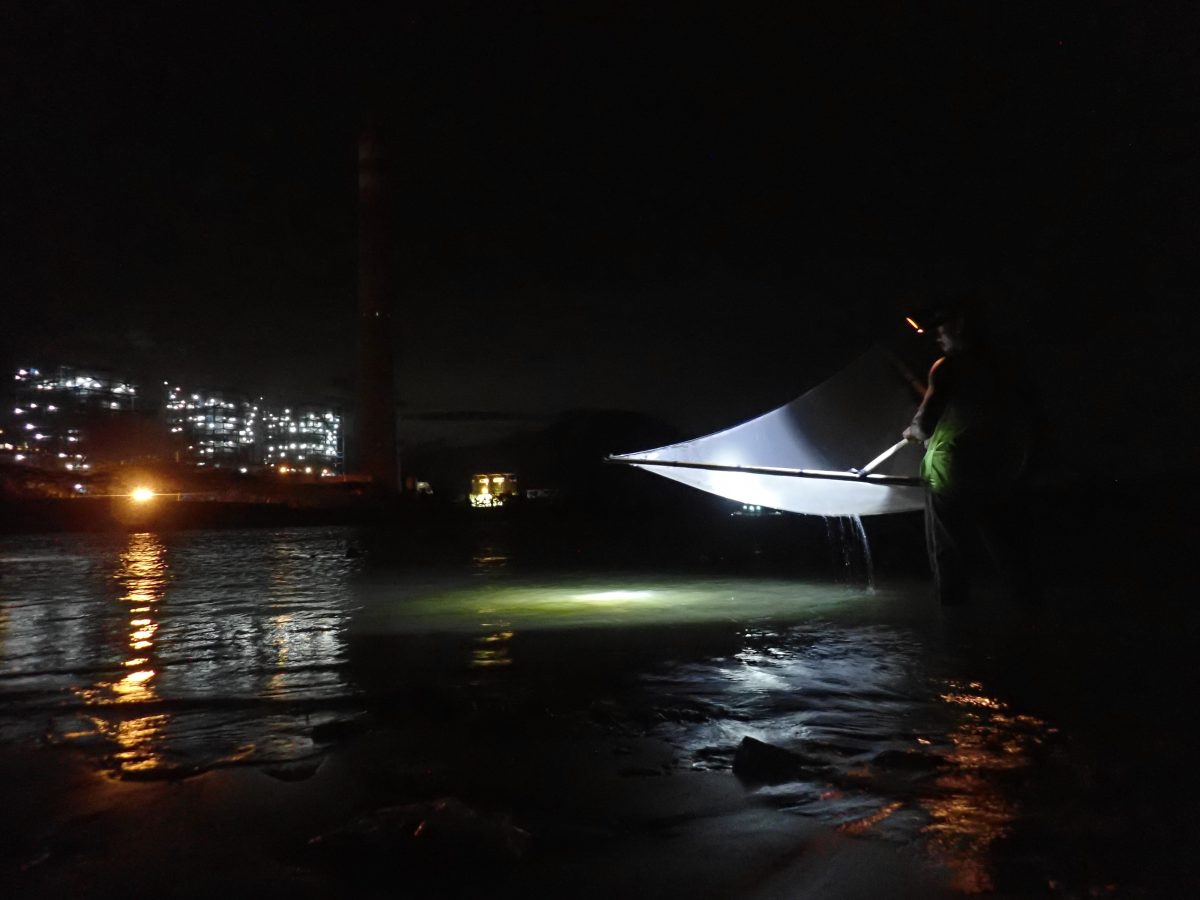
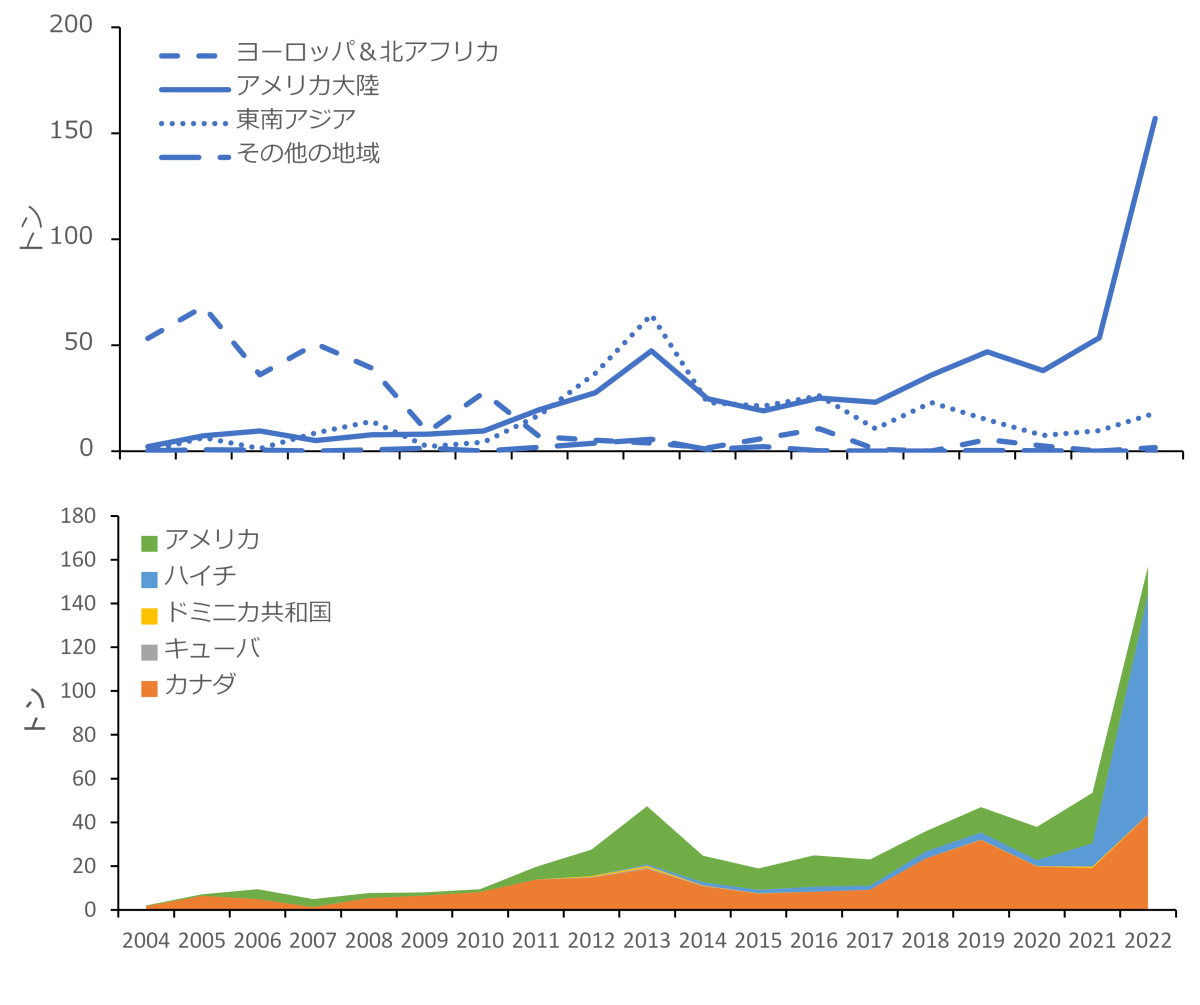
(上)東アジア税関統計に基づくその他の地域から東アジアへのウナギの稚魚の輸入量の推移、(下)アメリカ大陸から東アジアへのウナギの稚魚の輸入量の推移
2023年12月5日プレスリリース「税関統計データから絶滅危惧種・アメリカウナギの国際取引量増加を推定〜養殖用稚魚の東アジアへの輸入が急増、種の保存に危機感〜」より。
Figure 1: Research led by Hiromi Shiraishi, researcher at Chuo University, indicated a steep rise in the importation of American Eel (Anguilla rostrata) live fry to East Asia for aquaculture purposes. (Top) Trends in the import of freshwater fried eel from other regions to East Asia based on East Asian customs statistics; (Bottom) Trends in the import of juvenile eels from the Americas to East Asia.
From press release “American Eel as an Emerging Consumer Target ~ Imports of American Eel Fry for Aquaculture to East Asia Reach All-Time High~”

この研究が世の中にもたらす可能性
Research Possibilities: what the research create to the World
食品流通業・小売業
コンプライアンスを重視する企業にとって、密漁・密輸・密売が横行するウナギの取り扱いは頭の痛い問題です。ウナギをめぐる現在の状況について説明し、これを踏まえて、適切に漁獲・流通された、トレース可能なウナギの入手方法について、ともに検討することができます。
Food distribution and retail
For compliance-conscious companies, selling freshwater eels is a challenge, as poaching, smuggling, and trafficking are rampant. The current situation surrounding freshwater eels would be explained, and in light of this, we can discuss how to obtain appropriately caught, distributed, and traceable freshwater eels.
これまでの産学官連携事例
Collaborations
株式会社エーゼログループ
A Zero Group inc.
日本自然保護協会
The Nature Conservation Society of Japan
イオン株式会社・P.T. Iroha Sidat Indonesia・WWFインドネシア・WWFジャパン
AEON Co., Ltd. P.T. Iroha Sidat Indonesia, WWF Indonesia, WWF Japan
2017年10月〜2023年9月
インドネシア・ジャワ島 ウナギ保全プロジェクト
The Indonesian Shortfin Eel Conservation Project
環境省
Ministry of the Environment
2014年4月~2017年3月
ニホンウナギ保全方策検討委託業務
Commissioned affairs to consider conservation measures for Japanese eel
実績
Achievements
2024/3
論文|Journal
Participatory stock assessment in West Java contributes to the management of glass eel fisheries in Indonesia
プレスリリース「国際協力によりシラスウナギ漁業のステークホルダー参加型の資源評価が可能に 〜インドネシア、ジャワ島における調査研究〜」
2021/10
論文|Journal
2020/5
論文|Journal
Anguillid eels as a surrogate species for conservation of freshwater biodiversity in Japan
プレスリリース「 ウナギを守ることは河川の生態系全体を守ること ~淡水生態系における生物多様性保全のシンボル種として機能~」
2017/3
報告書|Report
環境省ニホンウナギ保全方策検討会「ニホンウナギの生息地保全の考え方」
Concept of Habitat Conservation for the Japanese Eel
経歴
Career
1992/3
八王子東高校卒業
Graduated from Hachioji Higashi High School
1998/3
一橋大学社会学部卒業
Bachelor of Sociology, Faculty of Sociology, Hitotsubashi University
2005/3
東京海洋大学海洋科学研究科修士課程修了
Master of Marine Science, Graduate School of Marine Science and Technology, Tokyo University of Marine Science and Technology
2011/3
東京大学大学院農学生命科学研究科博士後期課程修了
Graduate School of Agriculture and Life Sciences, The University of Tokyo
2011/4
東京大学大学院農学生命科学研究科特任助教
Assistant Professor, Graduate School of Agriculture and Life Sciences, The University of Tokyo
2014/4
中央大学法学部助教
Assistant Professor, Faculy of Law, Chuo University
2016/4
中央大学法学部准教授
Associate Professor, Faculy of Law, Chuo University
2021/4
中央大学法学部教授
Professor, Faculy of Law, Chuo University
Photographer: Hajime Kato Editor:Ikuko Fukushima, Wataru Kitamura
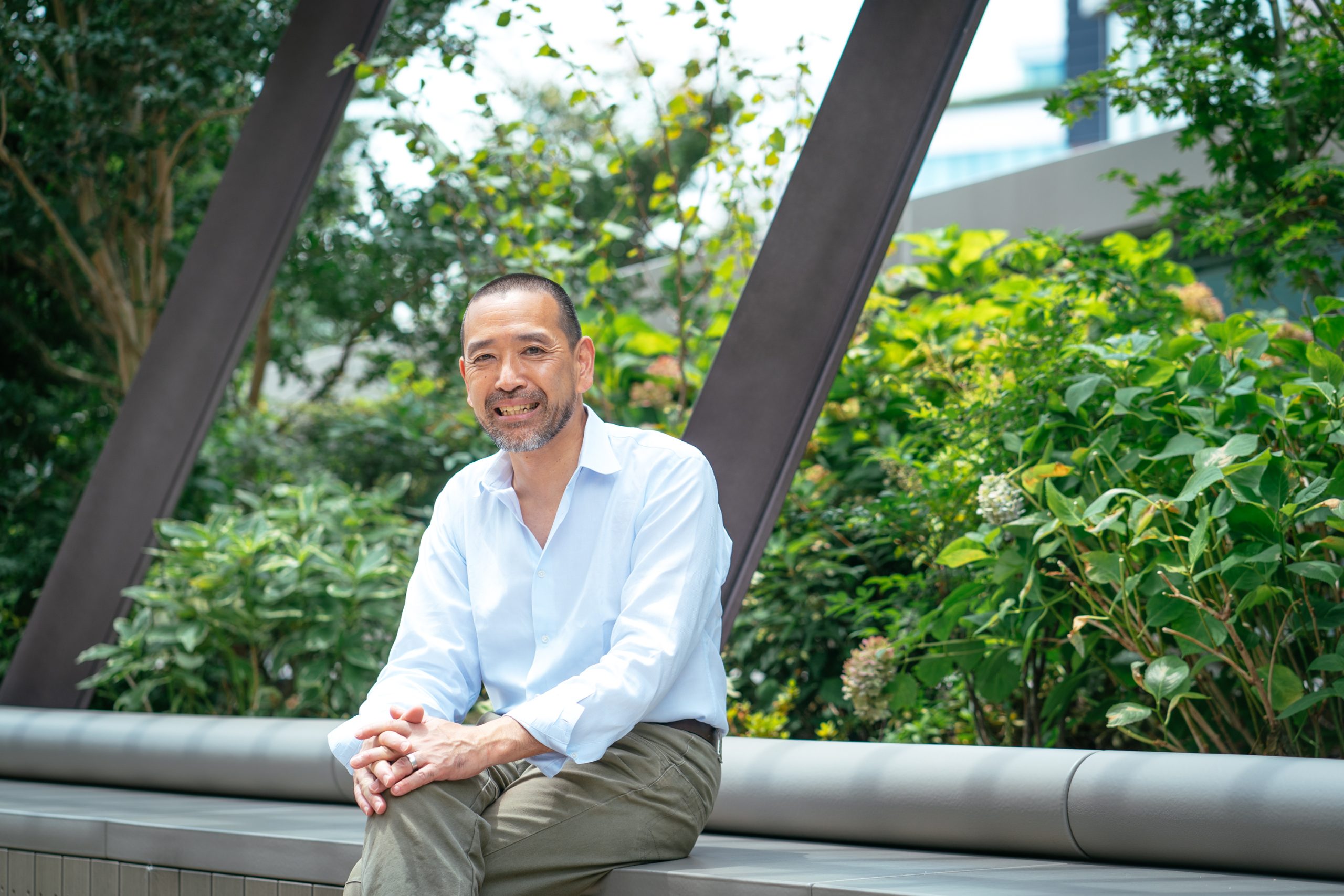

















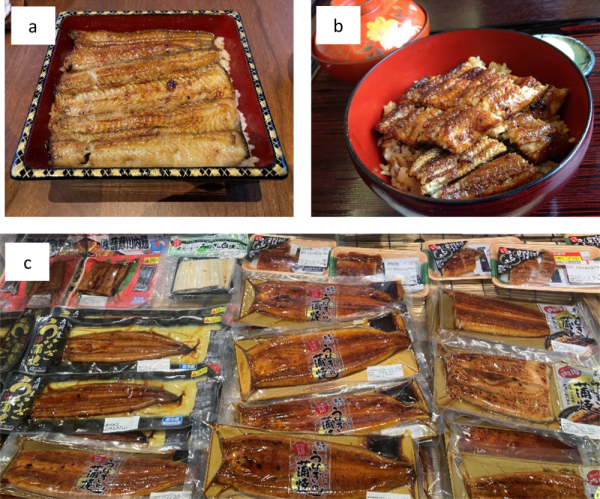
-600x400.jpeg)
